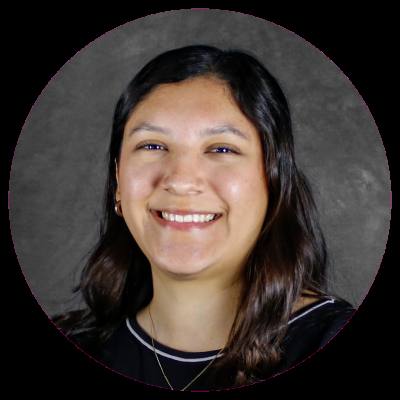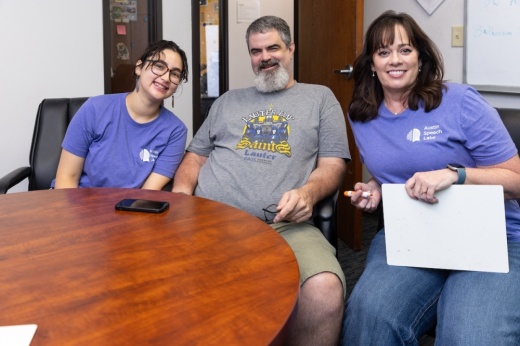How it started
Speech therapists Shilpa Shamapant and Shelley Adair founded Austin Speech Labs after seeing stroke survivors having to leave therapy before they could reach their full recovery potential. They wanted to create something where clients could focus on recovery without financial burden.
Shamapant, the nonprofit's president, said that back then, the belief was that if stroke survivors did not recover in the first six months to a year following the attack, they never would.
“We had so many clients when we were working in the main industry where they really were driven and they had so much more potential but we were never able to capitalize on it because insurance said you only get this much,” said Adair, the nonprofit's vice president. “Our goal now is to give people every opportunity to communicate.”
They started with four clients and now serve about 150 clients, providing close to 16,000-17,000 hours of therapy a year, Shamapant said.

Austin Speech Labs offers therapy through its eight-week-long boot camp model. Clients can receive individual and group speech and cognitive therapy sessions based on their needs.
Shamapant said they work with clients who have right-hemisphere cerebrum stroke deficits and left-hemisphere stroke deficits such as aphasia, which is difficulty with language.
Sounding out words, speaking in sentences, reading and writing as well as problem-solving, organization and time management are all skills that are worked on at Austin Speech Labs.
“It's a combination of the two that as a human that's what we need to function in our daily lives is that cognitive skills and our ability to communicate, so we provide both,” Shamapant said.
The impact
Shamapant and Adair said their vision is to make therapy accessible, advance the stroke recovery process and increase education on the topic. Last year, they released their app “Phonology: Speech Therapy” to start helping stroke survivors everywhere.
Many volunteers at Austin Speech Labs are students from local and national universities studying speech pathology, psychology, premed and bioengineering providing practice hours or technology guidance to stroke survivors.
Other ways to donate are listed on the organization’s website, including a volunteer form to be trained and scheduled to help with boot camp. Shamapant said the volunteers can make all the difference in a recovering stroke survivor’s life.
“It's not just that one person that gets affected by stroke. It's their whole network,” Shamapant said. “It's their spouses, their families, extended friends, their friends, everybody that person is connected to. So when a stroke survivor recovers, it's that entire network in the community that benefits from that recovery and gets that person back.”
- 7800 Shoal Creek Blvd., Ste. 136-S, Austin
- www.austinspeechlabs.org





